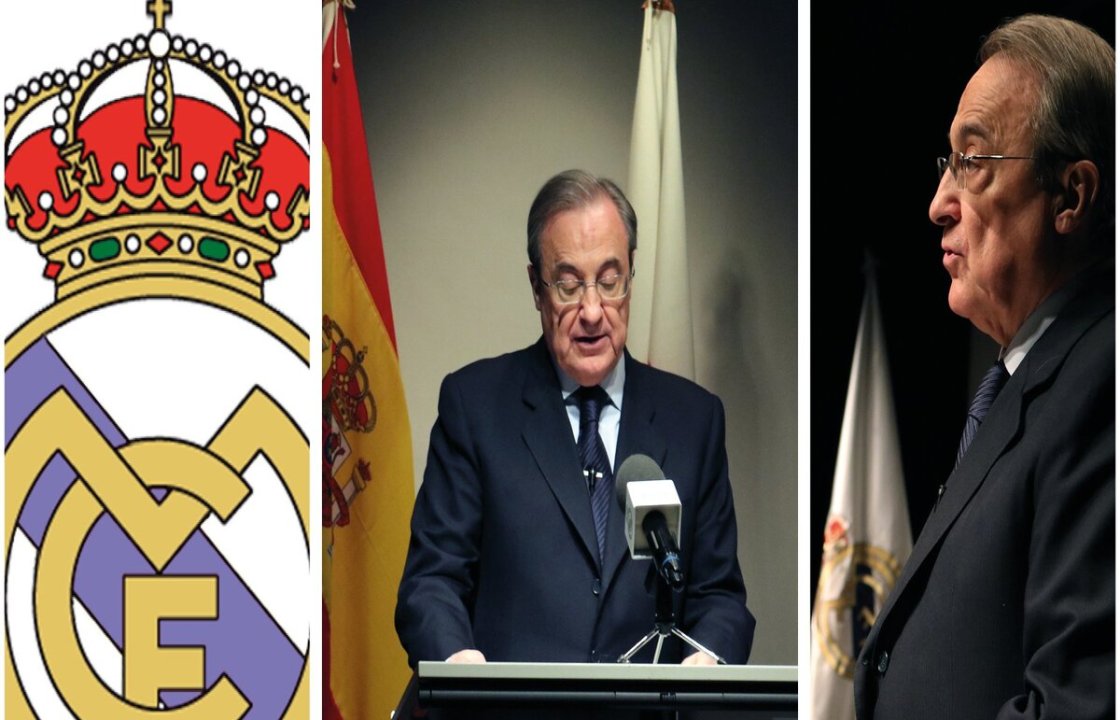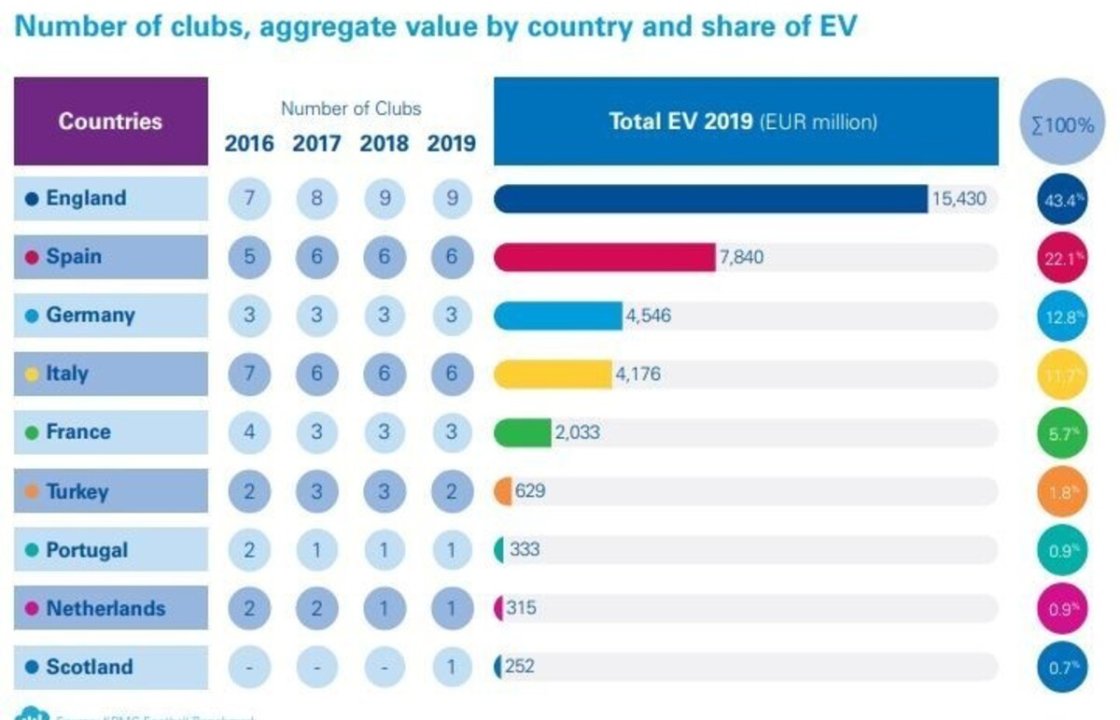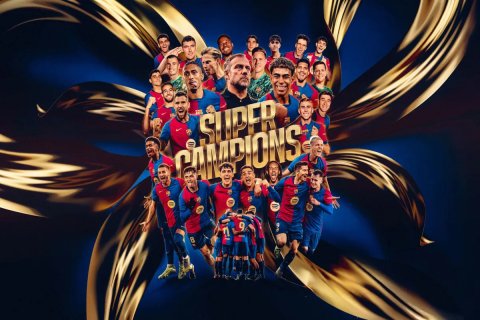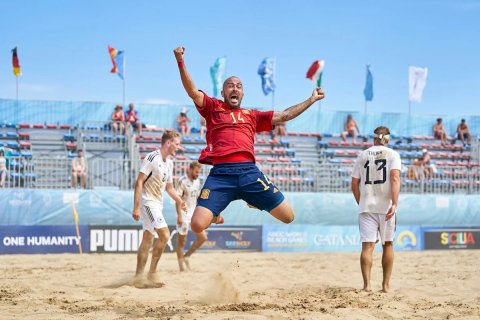In Spain, football is not just passion—it’s big business, and the country’s richest individuals have turned club presidencies into platforms for power, prestige, and profit.
The Intersection of Wealth and Football in Spain
In a country where La Liga is practically a religion, it’s no surprise that some of Spain's greatest fortunes have found their way into the boardrooms of football clubs. But behind the roar of the crowd and the glittering stadium lights lies a deeper game—one where business strategy meets sporting ambition, and where billionaires turn their wealth into influence both on and off the pitch.
From Real Madrid's global brand to the tightly managed operations of clubs like Villarreal and Sevilla, many of the most influential figures in Spanish football are not just sports lovers, but astute entrepreneurs and corporate tycoons. Their fortunes don’t just fund teams—they shape the culture, direction, and legacy of the clubs they lead.
Florentino Pérez and the Real Madrid Empire
It’s impossible to talk about wealth and football in Spain without mentioning Florentino Pérez, the man behind Real Madrid’s transformation into a global superclub. As the president of Real Madrid, Pérez brought the “Galáctico” era to life, signing world-famous stars like Zidane, Ronaldo, Beckham, and Cristiano Ronaldo. But Pérez is not just a football figure—he is also the president of ACS Group, one of Spain's largest construction and engineering companies.
Pérez’s business acumen has translated seamlessly into football management. Under his leadership, Real Madrid has achieved unprecedented financial growth, becoming one of the richest football clubs in the world. His ability to attract sponsorships, secure lucrative broadcasting deals, and enhance the club’s global brand is a textbook example of how corporate leadership can elevate sports institutions.

Peter Lim and the Valencia Experiment
Though Singaporean by nationality, Peter Lim’s influence on Valencia CF offers a cautionary tale in the world of wealthy club owners. After acquiring a majority stake in the club in 2014, Lim promised a new era of stability and competitiveness. Initially, it seemed that Valencia would climb back to the top, with investments in players and infrastructure. But over time, fans grew disillusioned, citing lack of transparency, poor management decisions, and neglect of local identity.
Lim’s case illustrates the complex dynamic between foreign investment and local tradition. While his wealth enabled temporary growth, the absence of deep-rooted connection to the club or region eventually led to a fractured relationship with the fans, something that no amount of money could mend.
Fernando Roig and Villarreal: A Family Affair
In contrast to the turmoil at Valencia, Fernando Roig’s leadership at Villarreal CF shows how long-term vision and consistent investment can build success. As the owner of Pamesa Cerámica, a ceramic tile empire, Roig brought the same steady hand and patience to football that made his business thrive. His management of Villarreal has been marked by financial prudence, youth development, and community engagement.
Villarreal, often called the "Yellow Submarine", has punched above its weight for years, competing against giants with far larger budgets. Thanks to Roig’s personal involvement and strong ties to the local area, the club has not only survived but flourished, even winning the UEFA Europa League in 2021. His story highlights the power of strategic leadership and emotional investment in driving sporting excellence.
José Castro and Sevilla’s Golden Era
Under the guidance of José Castro, Sevilla FC has cemented its place as a European force. Though not among the ultra-rich, Castro represents another form of fortune—institutional knowledge and football intelligence. His presidency has overseen a highly efficient transfer policy, which sees the club scout, develop, and sell talent with remarkable profitability.
Sevilla’s sporting director Monchi, often credited with their success, works under the framework laid out by Castro’s vision: buy low, sell high, and stay competitive. It’s a business model that other mid-tier clubs across Europe envy, and one that proves sustainable success is not solely about how much money you have, but how wisely you use it.
The Economic Impact of Presidential Fortunes
The influence of these billionaires and business moguls goes far beyond stadium gates. Their investments impact local economies, media rights, global branding, and even political influence. Football clubs become extensions of corporate empires, tools for social mobility, or even platforms for broader geopolitical maneuvering.

Their presence has elevated Spanish football’s global profile, attracting talent, partnerships, and viewership from all corners of the world. However, it has also brought scrutiny—fans increasingly question whether clubs serve communities or the ambitions of the elite. Balancing these dynamics is the great challenge of modern club governance.
Lessons in Leadership and Vision
What unites these figures is not just wealth, but vision. Whether it’s Pérez’s global ambitions, Roig’s community-first mindset, or Castro’s tactical management, each president demonstrates how leadership style and values shape a club’s trajectory as much as financial resources. The lesson is clear: Money builds stadiums, but vision builds legacies.
In many cases, the involvement of wealthy individuals has led to better facilities, broader scouting networks, and elevated levels of professionalism. But the most successful stories come from those who understand the soul of their clubs, and align their business sense with the emotional core of football.
How This Relates to SIA Academy
At SIA Academy, we understand that football is not just a game—it’s an ecosystem where talent, management, and vision converge. We prepare our players not just for the pitch, but for the reality of modern football, where understanding the business side of the sport is crucial. Our programs teach young athletes to recognize the role of leadership, investment, and strategy—values embodied by the presidents of Spain’s most influential clubs. Whether you aim to be a player, coach, or executive, SIA Academy equips you to thrive in a world where football meets fortune.




